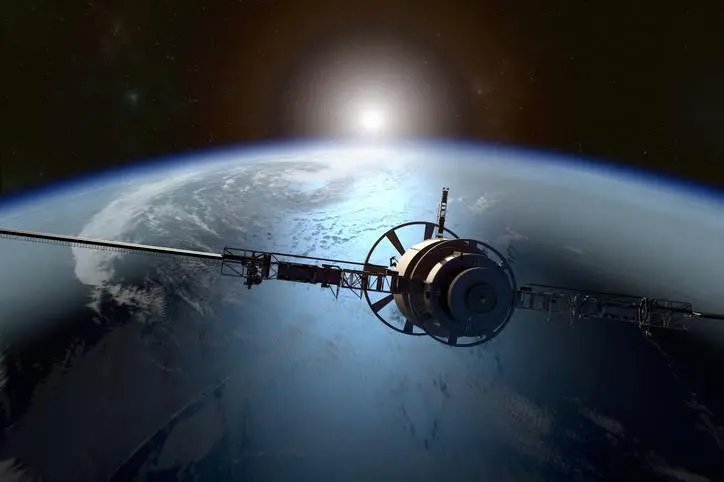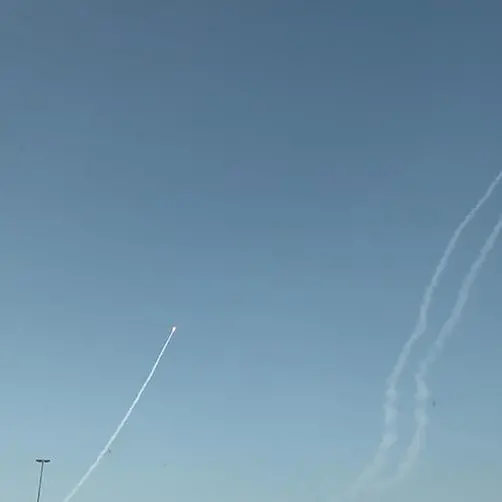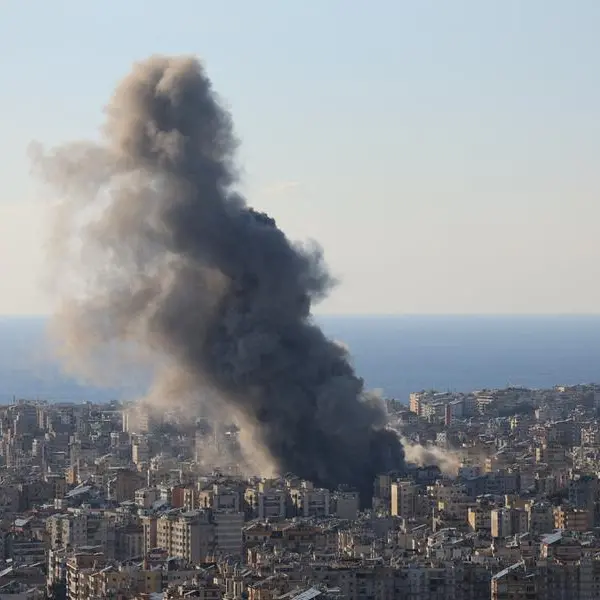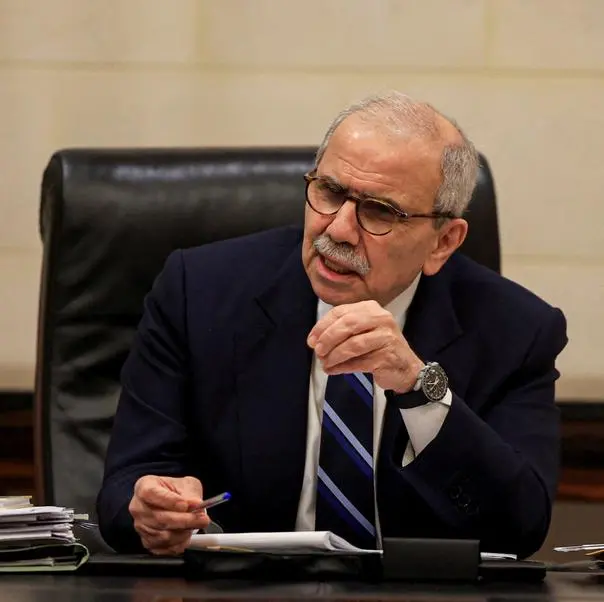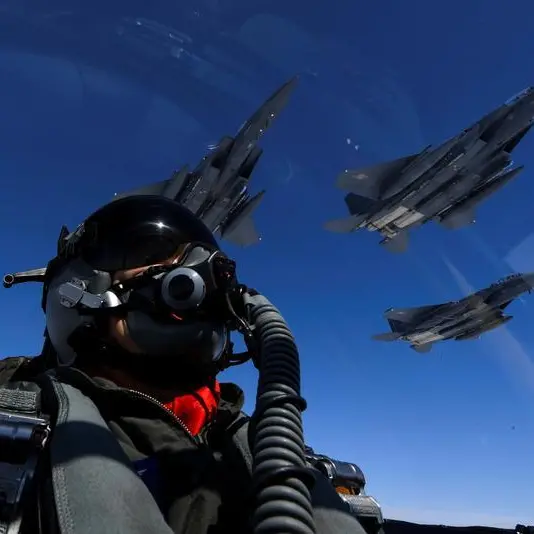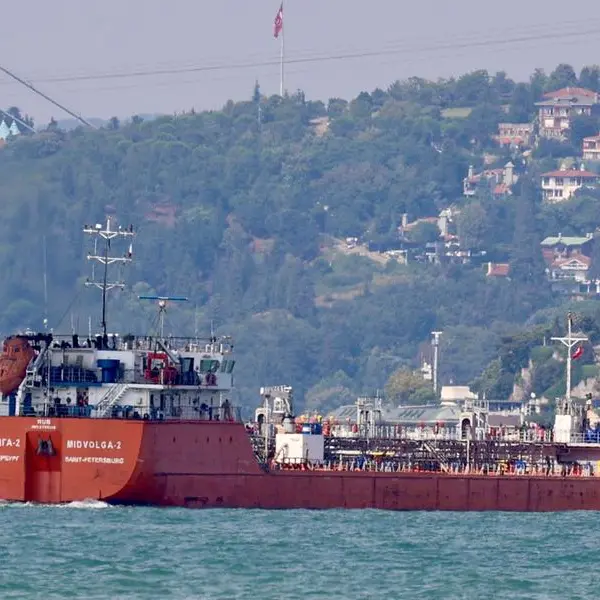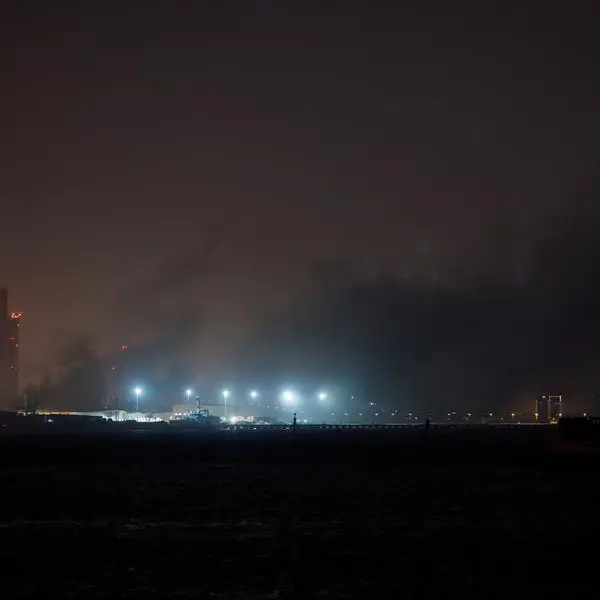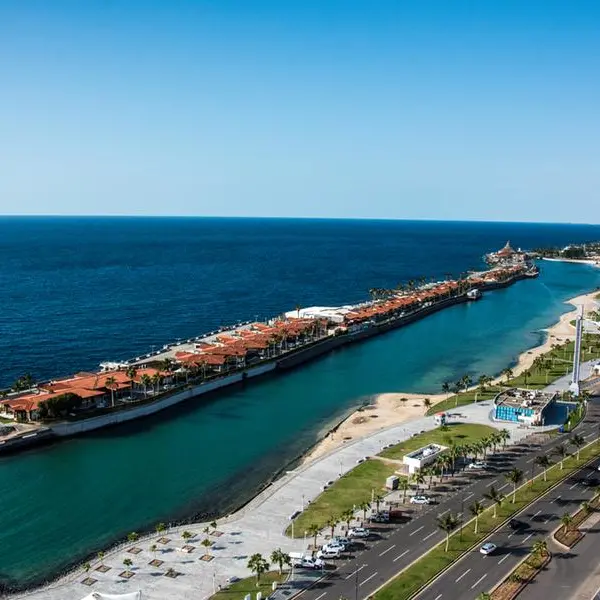PHOTO
PROGRESS made in the space sector will be discussed at a two-day workshop being held in Bahrain next month.The second Middle East Space Generation Workshop (ME-SGW), which is expected to bring together industry experts and young professionals, will be held on September 6 and 7 at the Bahrain University in partnership with Bahrain’s National Space Science Agency (NSSA).
“The workshop will include a diverse range of young professionals, academia and industry representatives, experts and space agencies that will gather to discuss the advancement of the space industry in the region, and to participate in engaging panel discussions, workshops and speeches,” stated the organisers.The ME-SGW will provide the participants with an unprecedented opportunity to strengthen the regional network and will prepare the ground for discussions about how to enhance the space industry in the region.
The NSSA has invited students and professionals between the ages of 18 to 35 who are passionate about the space industry to register for the event.“All discussions from the workshop groups are expected to produce recommendations to relevant public, private and non-governmental sectors, and these will help shape the future of the Middle Eastern space industry.”
Reports and recommendations from the workshop will be presented at high-level conferences.Working groups are designed to be organised around five different topics within which the delegates will discuss a given topic and provide a summary of recommendations through an oral presentation concluding the workshop.
The working groups are: Space and Education, Space Entrepreneurship, Woman in Space, Engage in Generation, and Space Economical Infrastructure.For more information about the conference, contact: mesgw@spacegeneration.orgThe GDN reported last month that space scientists and analysts at NSSA completed 45 projects aimed, amongst other things, at helping Bahrain reach its COP26 commitments.Other studies include industrial projects detecting building violations using satellite imagery as well as agricultural projects like monitoring vegetation cover and soil salinity in various parts of Bahrain.
And soon, data from Bahrain’s own Light-1 mission will help make flights safer around the world.In 2021, the Light-1 nanosatellite went into space on board the SpaceX Falcon-9 CRS-24, and six weeks later, was launched into orbit from the International Space Station.The Light-1 satellite was a joint project between the NSSA, the UAE Space Agency, Khalifa University and New York University Abu Dhabi.It was fitted with two sensors to measure terrestrial gamma ray flashes (TGRs) produced during thunderstorms, and study their effects on the atmosphere and on humans.
Meanwhile, the other wing of the NSSA is hard at work building Bahrain’s first home-built satellite – Al Munther – which is more than 40 per cent complete ahead of its expected launch in December this year.The mission of the satellite will include capturing images of Bahrain and its regional waters and collecting data that will feed into several sectors.It will be the first in the Middle East to use artificial intelligence algorithms to analyse images captured in space.
Copyright 2022 Al Hilal Publishing and Marketing Group Provided by SyndiGate Media Inc. (Syndigate.info).
